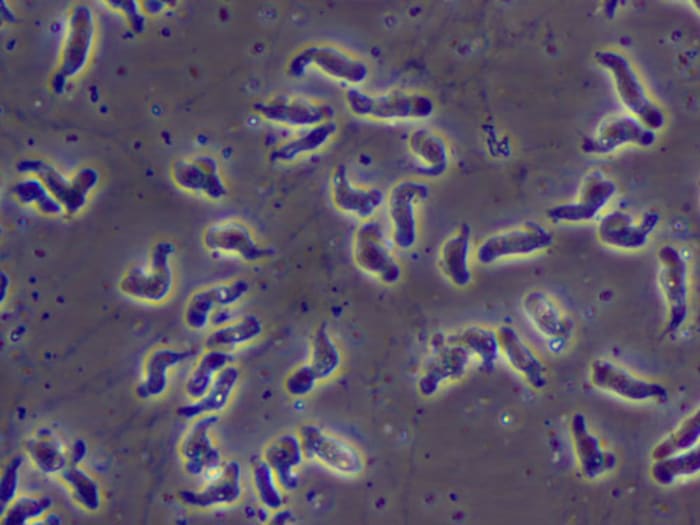Infection
Swimmer dies from rare amoeba at Lake Lyndon B. Johnson, officials say
AUSTIN, Texas – A Travis County resident died after swimming in Lake Lyndon B. Johnson and falling ill from an amebic meningitis infection.
Austin Public Health reported the case on Wednesday, adding that the resident swam at the lake this month.
“Although these infections are very rare, this is an important reminder that there are microbes present in natural bodies of water that can pose risks of infection,” Austin-Travis County Health Authority Dr. Desmar Walkes said in a news release. “Increased temperatures over the summer make it ideal for harmful microorganisms to grow and flourish.”
Public health officials are urging people to take precautions while swimming in freshwater, as Texas continues to experience high temperatures.
Amebic meningitis is caused by Naegleria fowleri, a free-living amoeba that lives in warm freshwater and soil, according to the Centers for Disease Control and Prevention. It can also live in swimming pools or splash pads that aren’t properly maintained or chlorinated.
It does not live in salt water. Due to the climate, the amoeba is most likely found in Texas and Florida.
Naegleria fowleri typically enters the body through the nose and travels to the brain, where it destroys brain tissue and causes swelling, the CDC states. People do not get infected by drinking water contaminated with Naegleria fowleri.
Symptoms can start one to 12 days after infection, and they include headache, fever, nausea and vomiting. Infected people will later develop a stiff neck, confusion, seizures and hallucinations.
To reduce the risk of infection, swimmers are urged to hold their noses shut or use nose clips when going underwater. Swimmers should also avoid swimming in warm freshwater during high temperatures and low-water levels, and avoid stirring up sediment.
Austin Public Health added that the infection is rare, with only 39 known cases between 1962 and 2022 in Texas.
Lake LBJ is also experiencing a high amount of toxic algae, according to the Lower Colorado River Authority. The algae pose a danger to dogs and people when ingested, and people should take precautions around algae blooms.
For more information on amebic meningitis infections, click here. For more information on toxic algae, click here.

